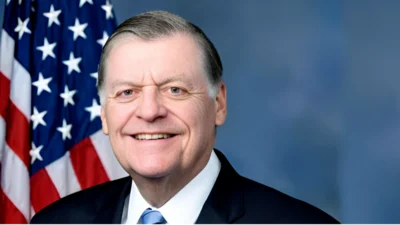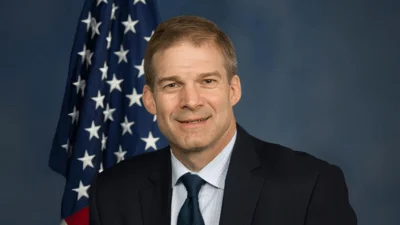Chairman Bob Goodlatte and Members of the House Committee on Agriculture met today with Dr. Supachai Panitchpakdi, Director General of the World Trade Organization (WTO) and Ambassador Stuart Harbinson, Chief of Staff to the Director General of the WTO to discuss the ongoing trade negotiations of the Doha Development Round. Committee Members met with the Director General a year ago to discuss the WTO agricultural negotiations.
The recent ruling by the WTO Appellate Body regarding the case brought by Brazil against the U.S. may hold significant ramifications for agricultural programs in the U.S. Chairman Goodlatte noted the problematic nature of employing “constructive ambiguity" during WTO negotiations. “In the WTO, countries seem to reach decisions in the course of negotiations or in other matters that reflect a general, yet ambiguous, consensus. Later, these general agreements come under scrutiny and are found to violate WTO rules, such as the recent decision by the WTO Appellate Body in the case brought by Brazil against the U.S. The Appellate Body’s decisions concerning export credit guarantees, declaring them to be export subsidies, and domestic support for cotton, declaring them to suppress world prices and thereby requiring the removal of the subsidy or the adverse effect of the subsidy, take the common understanding of the Uruguay Round and turn it on its head. This seems to me to be a classic case of bait and switch," said the Chairman.
Chairman Goodlatte reminded Dr. Supachai that non-tariff trade barriers continue to present roadblocks beyond the negotiations. With non-tariff trade barriers in place-such as those barring U.S. beef and biotechnology products-the terms of any trade agreement are essentially worthless. “Even if all agricultural subsidies are reduced to zero, some countries will still ban U.S. agricultural products based on these non-scientific barriers. These matters must be considered as well," said Chairman Goodlatte.
The same principle applies in the WTO case on Internet gambling brought against the U.S. Decisions reached during negotiations made clear that social issues such as this are left to individual countries and a WTO ruling requiring access to gambling on the Internet would violate the agreement. Members of the Committee voiced their concerns about maintaining free and fair trade policies, including eliminating non-tariff trade barriers, to the Director General.
http://democrats-agriculture.house.gov
Source: House Committee on Agriculture





